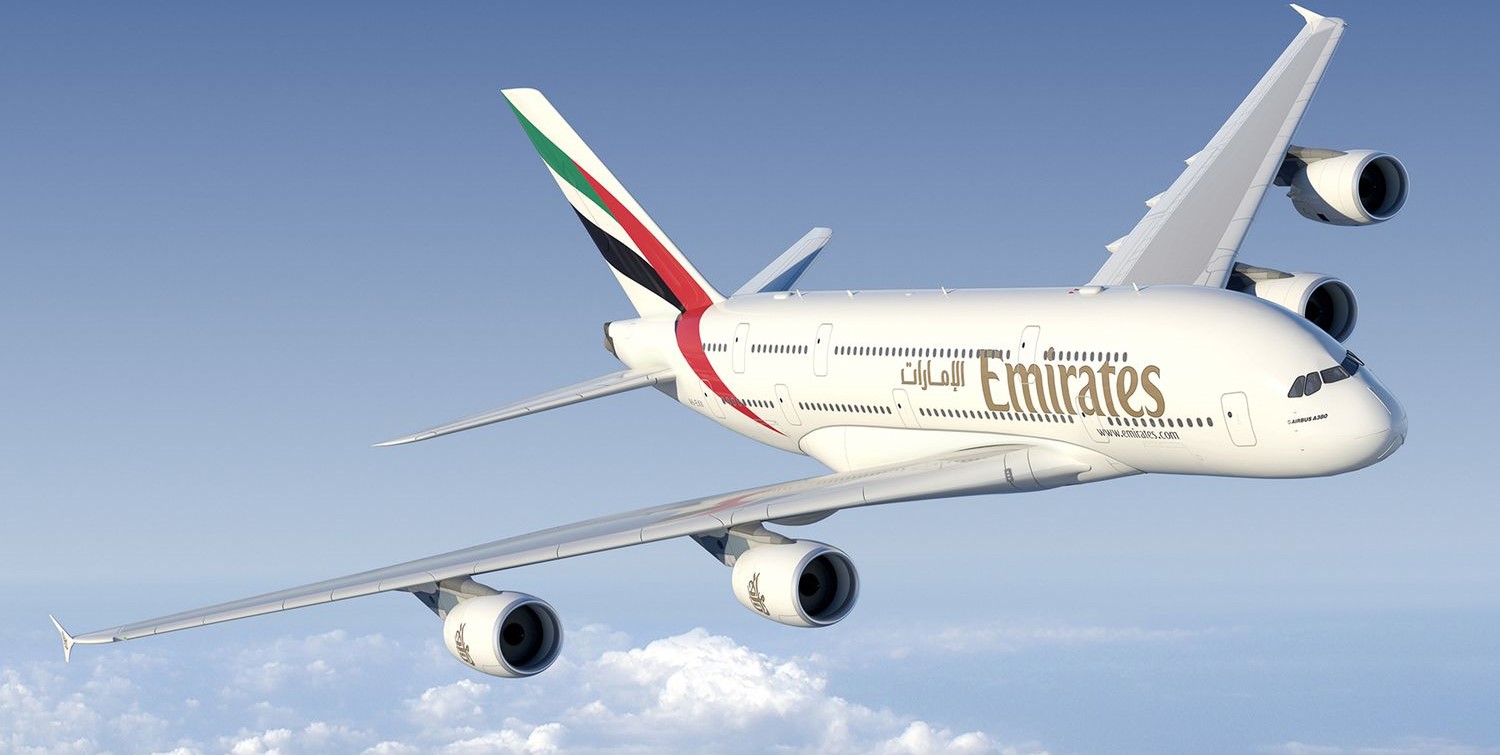Tips and recommendations for travelers
Explore the Top 15 Essential Tanzania Travel Tips for an Unforgettable Safari Experience in Africa. Planning a journey to Tanzania? You should be familiarizing yourself with key insights about the destination. Uncover the 15 must-know facts before embarking on your adventure to Tanzania. Ensure a seamless and memorable trip by packing your bags armed with these essential tips for an unparalleled experience.
VISAS & REQUIREMENTS:
All visitors require a passport, valid for the duration of their stay. Entry points in Tanzania currently offering visa services on entry are Dar es Salaam port and airport and Kilimanjaro International airport, and Namanga entry post on the road border between Tanzania and Kenya. Some nationalities do not require visas, so it is advisable to check with your local Tanzanian Embassy.
ACCESSIBILITY:
Tanzania has three major International Airports through which the country can be accessed; namely Julius Nyerere International Airport, Kisauni Airport Zanzibar and Kilimanjaro International Airport. You can book your flights through these three airports if you are planning your next Zanzibar beach vacation or Tanzania safari tours. Several International Airlines in the world operate scheduled flights to Tanzania. This includes Kenya Airways, Ethiopian Airways, KLM Royal Dutch, South Africa Airways Fly SAA, Lufthansa Air, Air France, British Airways BA, Swiss Air, and Egypt Air. Many travelers also arrive through the regional hub of Jomo Kenyatta International Airport in Nairobi From here travelers can catch Connection (regional) flights to Kilimanjaro, or transfer by road through Namanga border There are shuttle buses scheduled for morning and afternoon departures everyday in to and from Arusha and Namanga.
LANGUAGE :
The National language in Tanzania is Kiswahili. The National languages are both Kiswahili and English, English is widely spoken but a few words of Swahili can be useful and will be appreciated by the people you meet. Kiswahili phrase books are readily available in book stores in many countries and in Tanzania.
CURRENCY:
Major foreign currencies Euros, Pounds, and Australian and US dollars may be exchanged at local banks and bureau de change in the main towns and tourist areas. US dollars are accepted at more banks, bureau de change, restaurants, and lodges. Exchange rates for US notes less than $50 receive lower rates and travelers cheques are exchanged at even lower rates, and recently, at fewer places. At many places, US bank notes printed before 2000 are not accepted. This is due to a suspicion that notes before this time are counterfeit. Credit cards are not widely accepted at safari companies, lodges, and restaurants and carry poor exchange rates or additional charges to cover processing fees. Some banks in Mwanza, Arusha, Dar es Salaam, and Moshi offer ATM facilities against international credit cards (VISA and Mastercard only), but ATMs are not available elsewhere and those that are available are occasionally unreliable. Don’t change money in the street.
HEALTH :
Yellow vaccination is a requirement in a while the and you can obtain the vaccination from home at least 10 days before arrival into Tanzania. The requirement is not all that strict anymore but it saves time to obtain the vaccination prior to travelling to Tanzania. Malaria prophylactic drugs should be taken before travelling. Sleep under a mosquito net. A sunscreen is good to pack as well as sunglasses. Drink only bottled or Boiled water and try to avoid salads and ice cubes.
CLIMATE:
In general; the climate is hot and dry. Long rains arrive mainly in March – May ,with cool nights and mornings June – October, Short rains in November to mid December. Seasons can although vary owing to a variety of factors. The coastal strip is usually hot and humid almost year round. On Mt Kilimanjaro and Mount Meru Tanzania temperatures can drop to below freezing point.
SAFARI SAFFETY:
National parks and conservation areas are home to the beautiful wildlife of Tanzania. Please feel comfortable in these areas, but respect the temperaments of the wildlife. Some of the wildlife is timid and some can be aggressive. Please read the National Park Rules and follow the rules. The rules were written by people who understand the wildlife and wish only to protect them and you. When in doubt, ask questions and be sure to follow the instructions of rangers and guides. Do not get out of your vehicle when in a wilderness area except in designated areas such as picnic areas, camp grounds, or lodges. Read and follow signs posted in the parks, campsites, and lodges. Follow the suggestions of park and lodge employees who have experience in the areas where you are visiting.
CLOTHES:
Pack lightweight, washable clothes plus a sweater for early morning game drives, a sunhat, sunglasses, and sunscreen. Long sleeves and trousers in light-colored fabrics help discourage insect bites. Shorts for women are acceptable (but not too short). Women should carry a wrap to cover legs in the village and towns as revealing clothes can cause offense. Staying at a lodge, bring your swimsuit along.
BAGGAGE:
Baggage on safari is limited to one bag, plus one small piece of hand baggage per person (excluding a camera bag). In total, this should not weight more then 20 kilograms. Suitcases and other heavier items can be stored in town hotels while clients are on safari.
PHOTOGRAPHY:
Bring an adequate supply of film and batteries for your camera with you. Purchasing film and batteries here can be costly and inconvenient. Protect your cameras from dust and keep equipment and film cool. It is courteous to ask permission before photographing local people. We discourage you from paying for pictures of local people.
CONTRIBUTIONS & BEGGING
In cities, towns, and the rural areas you will witness areas of extreme poverty. There are many government, church, and nongovernmental programs addressing the needs of people of need. Please do not handout gifts to children on the streets this encourages them to leave school and beg in areas common for tourists to pass. Beware of official-looking papers to sponsor people for school fees or medical expenses. If you would like a list of area projects that are in need of donations please contact your agent.
INSURANCE:
It is recommended that you purchase travel insurance to cover baggage or valuables in the case of loss or theft. It is recommended to purchase emergency medical evacuation insurance in the case of an accident or medical emergency. There are many affordable and reputable companies available on the Internet that can provide coverage.
VISAS :
Visas to Tanzania can be obtained online or on arrival from all entry points; airports, borders and port harbor. Currently the Tanzania visa costs some USD 50 per person, and American passport holders pay USD 100 per person.
ELECTRICITY:
Power for charging batteries and other electronic equipment is available in most lodges. Tanzania’s power voltage is 240, but power failures, surges, and troughs are common. Bring a universal adaptor and a torch (flashlight) or headlamp.
SECURITY:
Tanzania is a generally safe country, but don’t invite temptation. Keep your eyes on your belongings. Don’t walk in the towns or cities at night – take a taxi. Don’t carry cameras or large amounts of cash, and beware of pickpockets and hawkers. Use hotel safety deposit boxes to safeguard valuables and obtain a receipt. Leave valuable jewelry at home.

